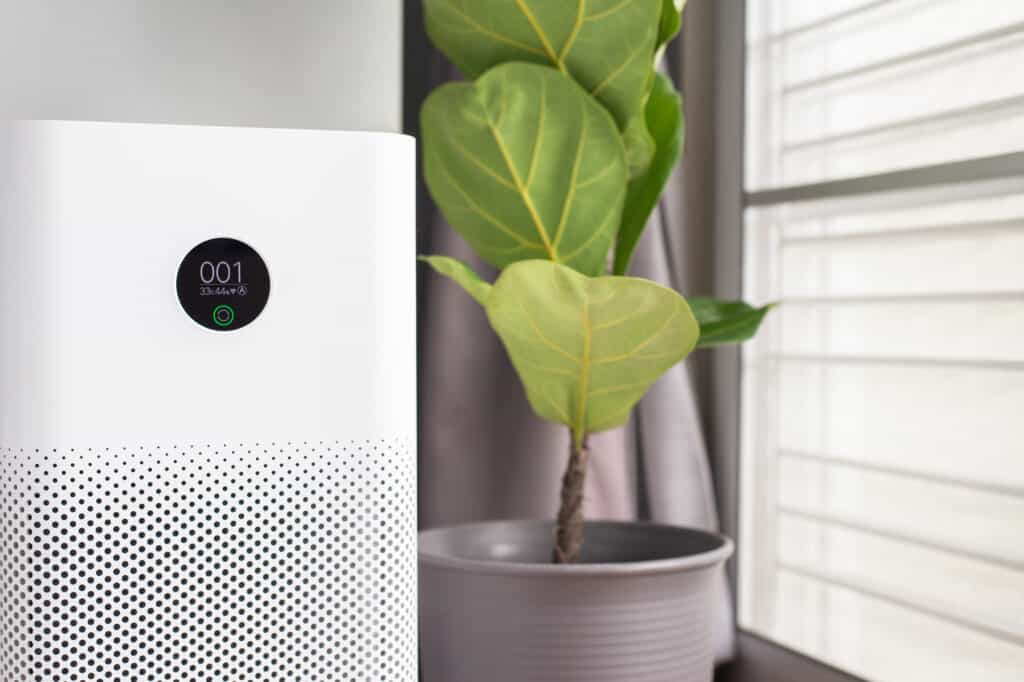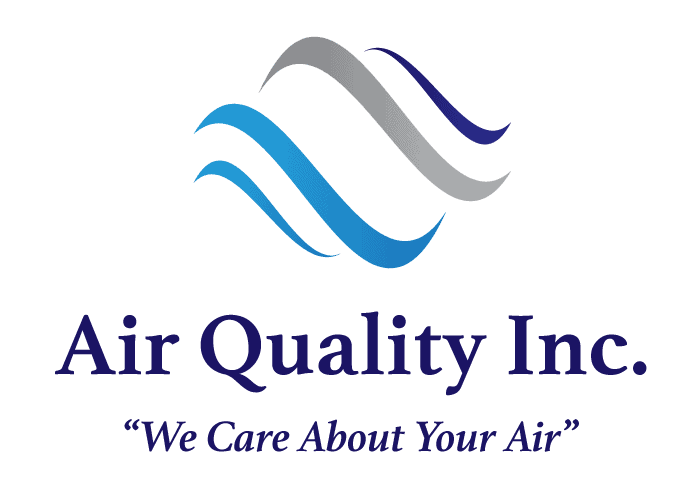Indoor air quality is a growing concern as we spend significant time inside our homes and offices. As a result, air purifiers have become a popular solution for maintaining a healthy living environment by removing pollutants from the air. But do they truly work? In this comprehensive guide, we will examine the effectiveness of air purifiers and the factors you should consider when choosing one for your space.
Understanding Air Purifiers and Their Functionality
Air purifiers are designed to remove contaminants, improve indoor air quality, and create a healthier environment. They use filters, such as HEPA (High-Efficiency Particulate Air) filters, to capture particles like dust, pollen, pet dander, and smoke. Some air purifiers also include activated carbon filters to eliminate odors and chemical pollutants.
Factors That Influence Air Purifier Effectiveness
- Filter type: The type of filter used in an air purifier significantly impacts its effectiveness. HEPA filters are considered the gold standard, as they can capture 99.97% of particles 0.3 microns in size. Other filters, like ionizers and UV-C light, have advantages and drawbacks, so it’s essential to research the best option for your specific needs.
- Room size: The effectiveness of an air purifier is also determined by the size of the room in which it is used. Ensure that your air purifier has the appropriate capacity for your space. Check the purifier’s CADR (Clean Air Delivery Rate), which indicates the volume of clean air it can produce per minute.
- Maintenance: Regular filter replacement and cleaning are crucial for maintaining the effectiveness of an air purifier. Failing to maintain the unit can reduce air cleaning capabilities and even damage the device.
Limitations of Air Purifiers
While air purifiers can effectively remove airborne particles, they have limitations. For example, they cannot remove all types of pollutants, such as those that have settled on surfaces or are embedded in carpets and furniture. Also, air purifiers are less effective at removing gases like volatile organic compounds (VOCs) and radon.
To address these limitations, consider implementing other air-cleaning strategies, such as proper ventilation, regular cleaning, and using low-VOC products.
Consult Air Quality Inc. for Expert Advice
If you’re considering investing in an air purifier, consult with the professionals at Air Quality Inc. for expert advice. We can help you determine the most effective air purification solution for your home or workplace, ensuring you make the right decision for your needs. Contact us today to learn more about our air quality services and how we can assist you.




